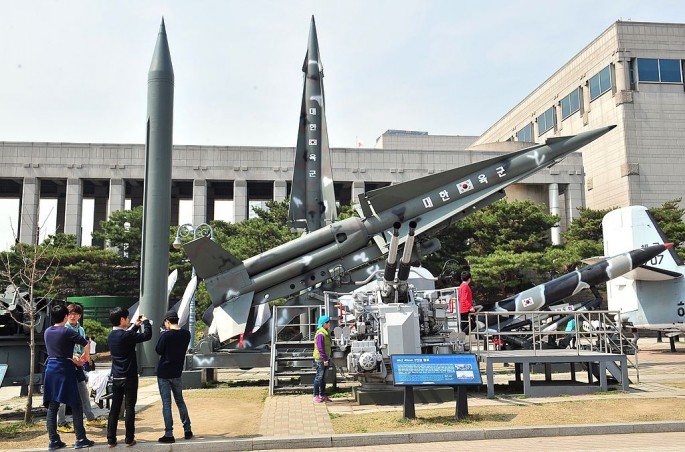China's approach in treating smaller countries in the region is creating confusion, according to one of the region's top diplomats, Singapore's ambassador-at-large Bilahari Kausikan.
Kausikan said that China's 'black or white, with-us or against-us' approach, or what he called as "passive-aggressive diplomacy" is giving countries in the region with 'false dilemma'.
An article published by the Wall Street Journal cited this approach when China castigated South Korea for deploying the Terminal High Altitude Area Defense, a U.S. antiballistic-missile system, which it said was part of an American plot to encircle the country. Seoul made the move after North Korea conducted five nuclear tests.
As a result, South Korea was faced with two choices: to take steps to protect itself or maintain relations with China, which is its largest trading partner.
In a public lecture last year, Kausikan said that China's strategy has a simple message: that neighboring countries have to give in to China's wishes. And they risk receiving the benefits of Chinese trade, aid and investment, if they stand up for themselves.
The diplomat said that this strategy is more about mind games than war games, aimed at inducing politicians to accept China's dominance in the region. He added that Chinese diplomats also used a vocabulary that plays on guilt, in which opposing countries were blamed for "hurting the feelings" of more than 1.3 billion Chinese people.
"This aims to simultaneously make you feel bad--you must be a truly obnoxious human being to hurt the feelings of so many people--and is a not-so-subtle warning about getting on the wrong side of a big country," Kausikan said in his speech.
The diplomat said that Singapore, which has an ethnic Chinese majority population, has also been a subject of this emotional blackmail. He added that other countries in Southeast Asia, such as the Philippines, is even prepared to deal with Beijing, despite winning the landmark decision in the South China Sea case, in return for investments.
Kausikan added that even Australia, which is dependent on China's iron ore, has to balance its alliance with the U.S. and its trade relations with China.
Although no specific retaliatory move was made against South Korea, China uses trade as a diplomatic weapon. After the shield's deployment was announced, the visas of South Korean K-pop stars were blocked.
According to Kausikan, China's neighbors must make the choice between security and prosperity and stand up for a new balance of power in the region as China "needs the region as much as the region needs China."



























